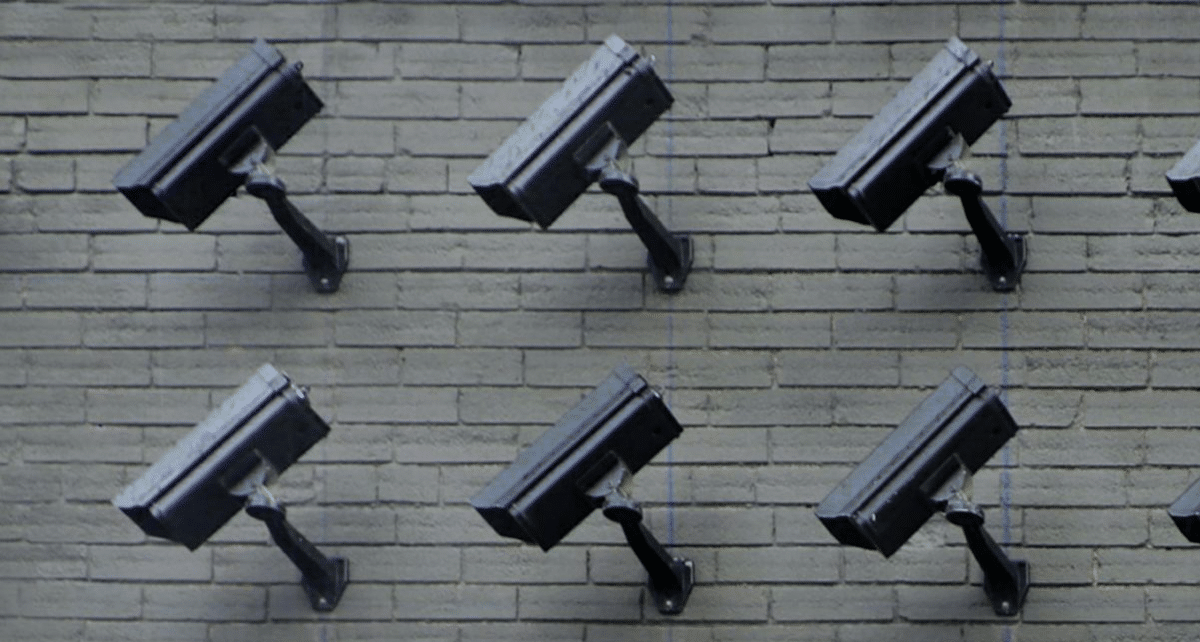Libyan parliament must immediately scrap the dangerous new cybercrime law before it’s used to deny people their fundamental rights. Almost a year after its adoption in October 2021, the Libyan House of Representatives cemented its draconian new cybercrime law, officially publishing this tool for legalised repression on September 27, 2022.
As Access Now and other human rights organisations have continually warned, the law will severely undermine freedom of expression, and legitimise authorities’ targeting of journalists, activists, and human rights defenders. The law grants Libyan authorities the power to monitor people’s speech on the internet, and enables the National Information Security and Safety Authority (NISSA) — an administrative and technical governmental authority — to block websites and shut down online services without judicial warrants.
“Libyan authorities are systematically constructing a digital hellscape designed to rob people across the country of their privacy and autonomy, and their rights to freedom of expression and assembly,” said Marwa Fatafta, MENA Policy and Advocacy Manager at Access Now. “This dangerous new cybercrime bill was designed to oppress. It must be immediately repealed.”
The Libyan cybercrime law was quickly and suddenly voted on in October of last year, rushed through the process only one day after its parliamentary submission. This law contains slight improvements compared to last year’s draft leaked on social media, such as requiring judicial warrants to monitor emails and private discussions under all circumstances. Yet, it dangerously criminalises the use or possession of encryption tools without the authorities’ approval.
“The fact that the Libyan Parliament has ignored previous calls from civil society to rescind this rights-restricting cybercrime law is a clear acknowledgement that it simply doesn’t care about its potential impacts on human rights,” said Chérif El Kadhi, MENA Policy Analyst at Access Now. “Imposing state-surveillance on online content does not prevent cybercrime, it undermines people’s privacy and freedom of expression.”
Access Now reiterates the call for Libyan authorities, and the Libyan House of Representatives in particular, to immediately rescind the draconian cybercrime law, and to uphold the principle of dialogue and engagement with Libyan civil society and international organisations when drafting bills that impact fundamental rights and freedoms. This will enshrine human rights as a central topic in the country, fostering the chances for Libya to get through the dangerous political stalemate.
